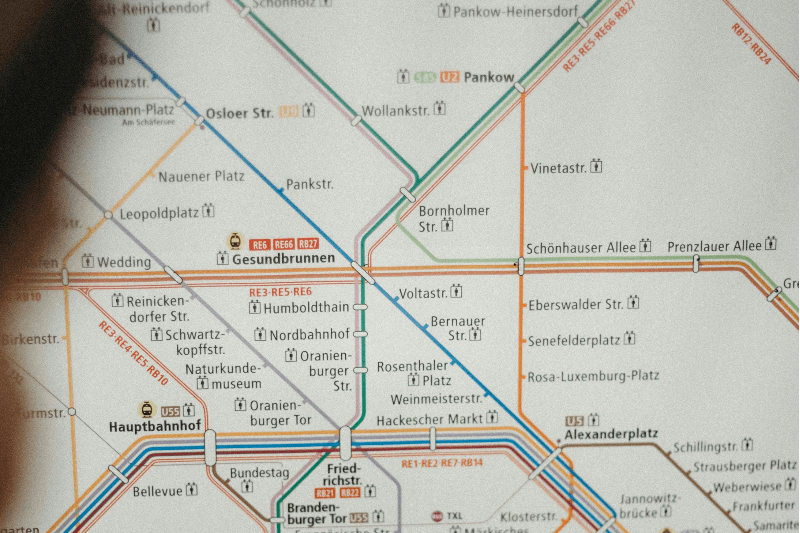
Asia-Pacific: Economic Concerns Widen Business-Government Trust Gap
SINGAPORE — According to Edelman’s 2023 Trust Barometer results for Asia-Pacific, the region’s economy is less optimistic than expected, which has led to a decline in trust in government relative to the business.
Richard Edelman the CEO wrote in an essay, economic optimism has plummeted in the APAC region. Even though “2022 was supposed to have been the year when the world emerged from the pandemic, with a promised return to normal life and an economic boom,”
“Instead, we experienced a never-before-seen Russian invasion of Ukraine, soaring commodity prices, increased food insecurity worldwide, skyrocketing interest rates, ongoing climate shocks, harsh Covid lockdowns in China, and a retreat from globalization due to geopolitical risks. The lower and even middle classes experienced a cost of living crisis as a result, he continued.
Respondents to the 2023 Asia-Pacific Edelman Trust Barometer expressed their concerns about these issues, expressing worry that families would not be in a better financial situation in five years.
Over 32,000 participants from over 28 countries took part in the global survey, which was conducted from November 1 to November 28, 2022. Australia, China, India, Indonesia, Japan, Malaysia, Singapore, South Korea, and Thailand were the nine nations in the Asia-Pacific region surveyed.
“We see how these macro pressures manifest at a personal level in a set of fears in this year’s Edelman Trust Barometer, which range from inflation to nuclear war. These are on top of earlier concerns about the impact of climate change and job losses due to automation. As a result, society experiences a progression from mistrust to severe polarization. Without intervention, the crisis of institutional trust will continue to morph into a crisis of interpersonal trust, according to Edelman.
Keep Reading
Anxiety about the standard of living increases as the economy worsens
Only 44% of respondents from the region thought they and their families would have more money in five years. This percentage increased to 52% in 2022, a nearly 10% increase.
The top four spots for the greatest year-over-year decline in optimism were held by four of the nine APAC nations. In Asia-Pacific, South Korea, Malaysia, and Australia all experienced significant declines.
Australia experienced the second-highest decline in optimism out of 28 nations, trailing only Colombia by two points. The only other nation to report an increase in China.
Optimism is at an all-time low in 24 of the 28 countries that were surveyed globally. According to the study, it has decreased from 50% to 40%, with double-digit declines seen in half of the countries surveyed.
More than 80% of those polled agreed that CEOs can boost economic optimism by putting money into things like skill development, fair pay, and local communities.
Growing mistrust between government and business
As the only institution currently viewed as capable and moral, business is under pressure to fill the gap left by other institutions. An eight-point difference between trust in business and trust in government, at 65% and 60%, respectively, reflects this regional institutional imbalance.
China had the highest levels of trust in both business (84%) and government (89%), while South Korea and Japan had the lowest levels of trust in both (business, 38%; government, 33%). Between the two institutions, Thailand had the biggest difference in trust (15%), while India and South Korea had the smallest (4%).
Out of the three nations that distrust business, two are located in Asia-Pacific: Japan (47%) and South Korea (38%), according to global rankings. Four of the six nations with the lowest levels of trust in the government are from the region: China (89%), Indonesia (76%), Singapore (76%), and India (76%).
In addition, business is the only institution in the world that is regarded as both competent and ethical, scoring 54 points higher on competence and 30 points higher on ethics than government, which is seen as both incompetent and unethical. According to Edelman, the treatment of employees during the pandemic and companies’ withdrawal from Russia after its invasion of Ukraine contributed to a 20-point increase in business ethics over the previous three years.
Institutional mistrust is fueled by the income gap
The study revealed that people in the highest income quartile have higher levels of trust in institutions than people in the lowest income quartile (bottom quartile). Twenty of the 27 nations surveyed have a double-digit trust inequality of this kind, with Thailand topping the list globally with a 37-point income-based trust divide.
Inequality in trust across Asia-Pacific is 16 points overall, with differences exceeding 10 points in eight out of nine nations. The countries with the largest gaps in the income-based trust are Thailand (37 points), China (19 points), and Japan (19 points).
Globally, trust in institutions increased from 50% to 62% among high earners over the past ten years, but only from 43% to 48% among low earners. China (from 4% to 19%) and the UAE (from 10% to 19%) have seen the most notable national changes in the last three years when it comes to trust inequality, with the US showing the largest divide (23-point gap) after Thailand.




